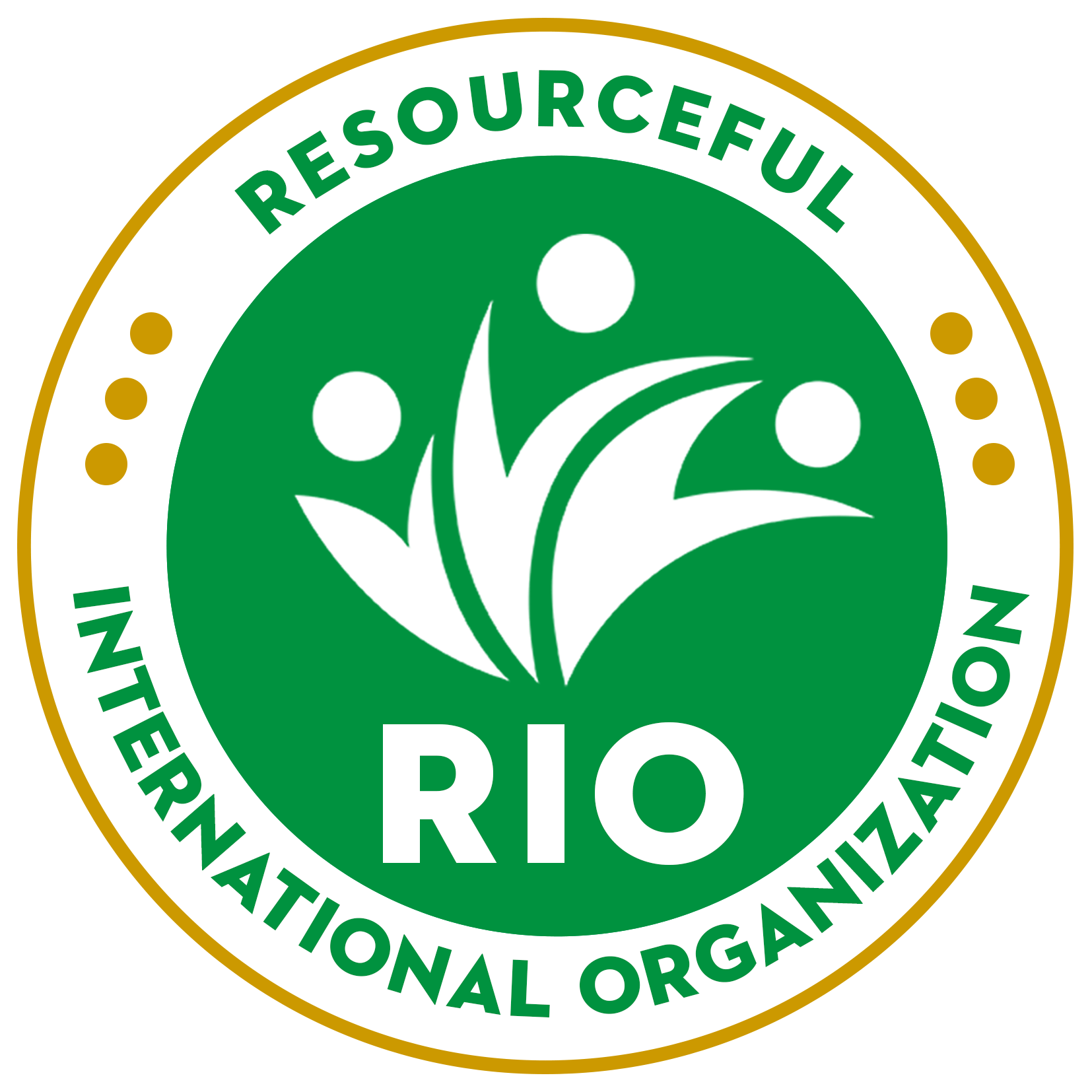
The Resourceful International Organization (RIO) organized three key initiatives in Ras Kamboni, Lower Juba, Somalia, in partnership with Kenya, Somalia & Ethiopia borderlands project, ‘Deris Wanaag’ Programme which translates to ‘Good Neighbourliness’, and aims to find lasting solutions to perennial insecurity and instability in the Horn of Africa, as efforts are being made to open up the borders of the three countries, as well as address societal issues, critical economic, social, and environmental challenges in the region, while promoting resilience and inclusivity. The programme was initiated in partnership with the United Kingdom government.




The first initiative, was Capacity-Building Training held from January 25 to 28, 2025, focused on empowering local traders, women entrepreneurs, and marginalized community members. The training provided valuable skills in business management, financial literacy, and market access, tackling issues such as limited resources, gender inequality, and social exclusion. Through a series of interactive workshops, hands-on activities, and networking opportunities, participants were not only able to gain knowledge but also apply it to their businesses. The training culminated in the development of individual action plans, ensuring participants could leverage their new skills for long-term business growth and economic inclusivity.




In addition, RIO organized a Sustainable Agriculture and Fisheries Training from December 21 to 26, 2024, designed to address the region’s economic and environmental challenges. This program focused on teaching sustainable farming and fishing practices, targeting outdated techniques, environmental degradation, and social fragmentation. The training emphasized Gender Equality and Social Inclusion (GESI), ensuring that marginalized groups such as women, youth, and individuals with special needs had equal opportunities to participate. Participants learned methods like water conservation, soil health, and sustainable fishing, along with strategies to diversify their livelihoods and improve market access. The program fostered community collaboration through peer-learning activities and networking, promoting trust and cooperation while strengthening the community’s resilience to future challenges.
Finally, in response to the humanitarian crisis caused by escalating conflict in the region, RIO organized an Emergency Food Distribution from January 1 to 4, 2025. This event aimed to provide immediate food assistance to vulnerable households, particularly those displaced by the conflict. RIO prioritized marginalized groups, ensuring that women, children, the elderly, individuals with disabilities, and minority communities received adequate support. Through targeted food distribution and mobile units that provided home deliveries, the initiative addressed urgent food insecurity and malnutrition. Post-distribution monitoring was conducted to assess the effectiveness of the event and gather feedback for future planning.










Together, these three initiatives not only alleviated immediate needs but also fostered long-term community resilience, economic growth, and social cohesion in Ras Kamboni. By focusing on sustainable development, gender equality, and social inclusion, RIO’s efforts helped create a foundation for lasting positive change in the region.

